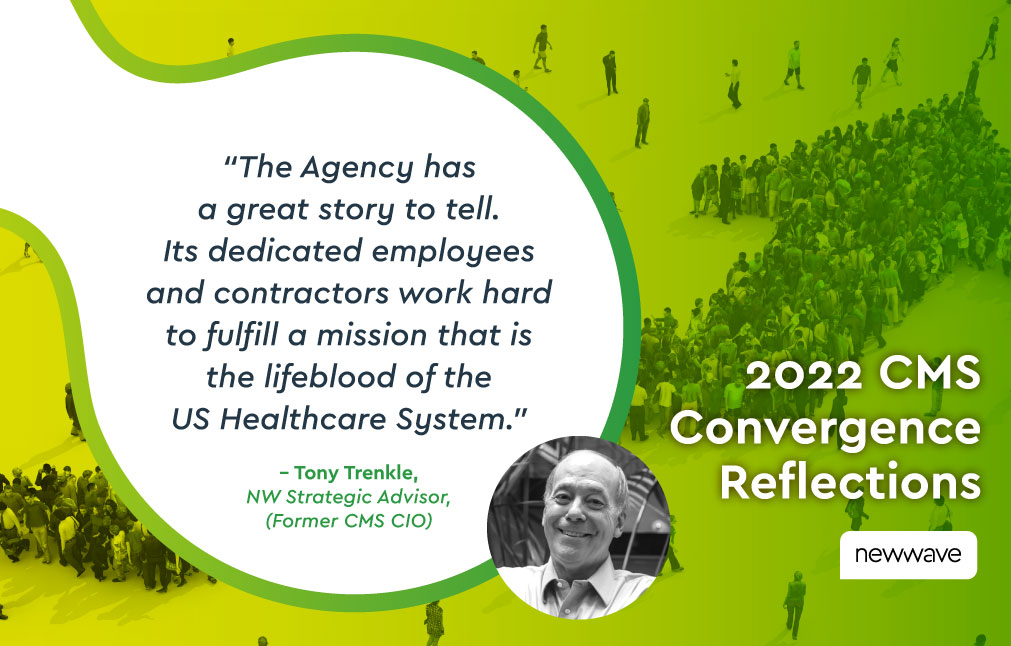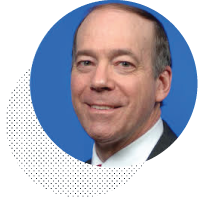Elkridge, MD – On August 11, CMS held its 7th annual Convergence Conference. In the pre-pandemic days, this event provided a singular opportunity for the vendor community to hear OIT and the Centers discuss the major CMS IT initiatives. OIT and most of the CMS Centers’ IT groups were well represented, as well as several key executive business leaders.
I have been attending Convergence, both in-person and virtually for the last five years. As an ex-CMS executive and CIO, I love to see the Agency highlight the great IT work that is being done across the various Centers and Offices. Perhaps it’s because of the impact of the pandemic, or the increase in other CMS IT educational sessions, but Convergence seems to have lost much of its cache over the last three years. Organizations like CCIIO, CPI, CMCS and CCSQ provided very good presentations in previous years, but either were not at this year’s event, or played a much smaller role. In my opinion, this lack of Center participation was a major loss to the overall value of the Conference.



